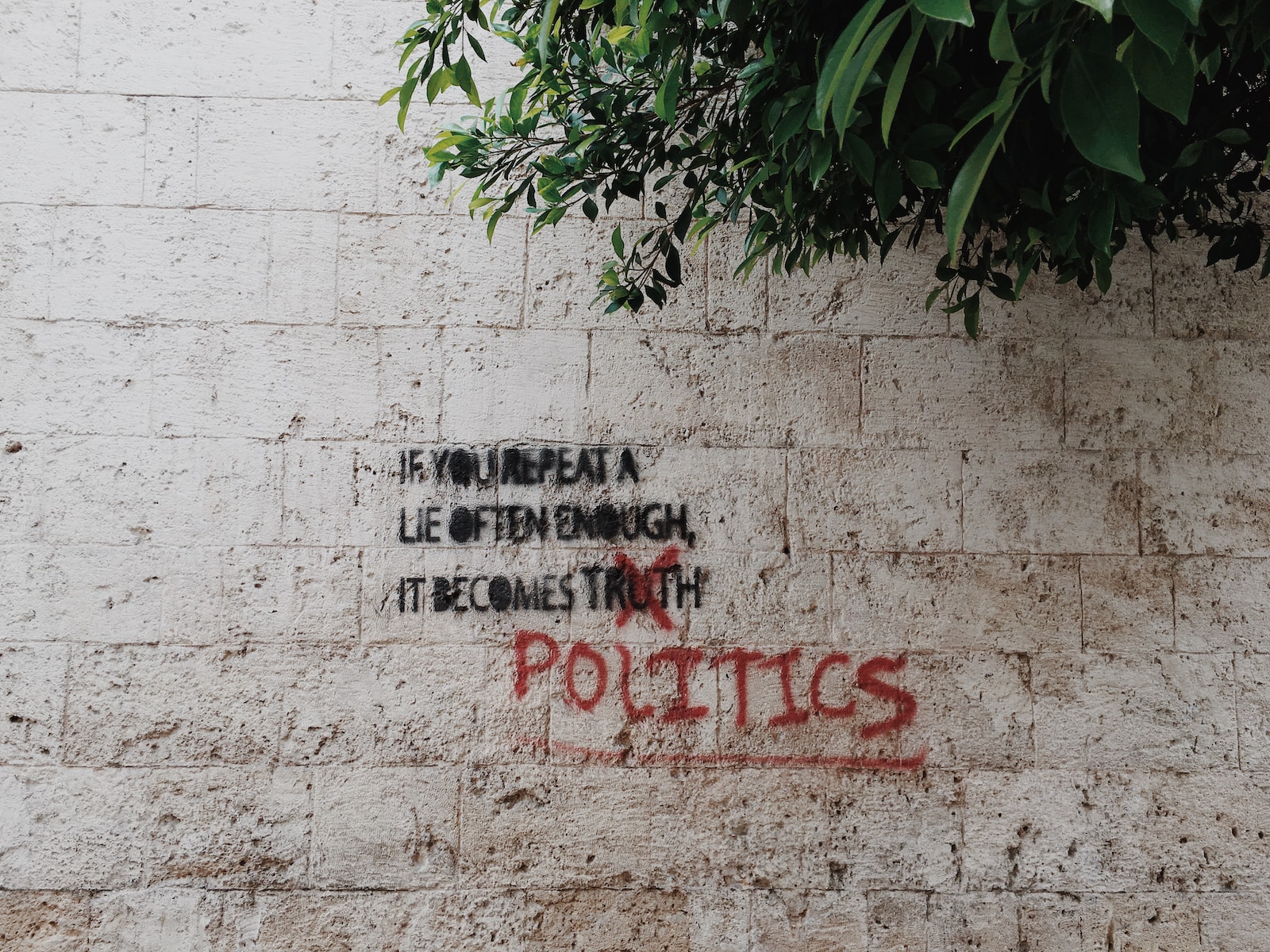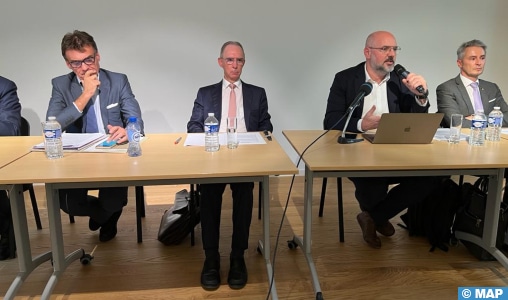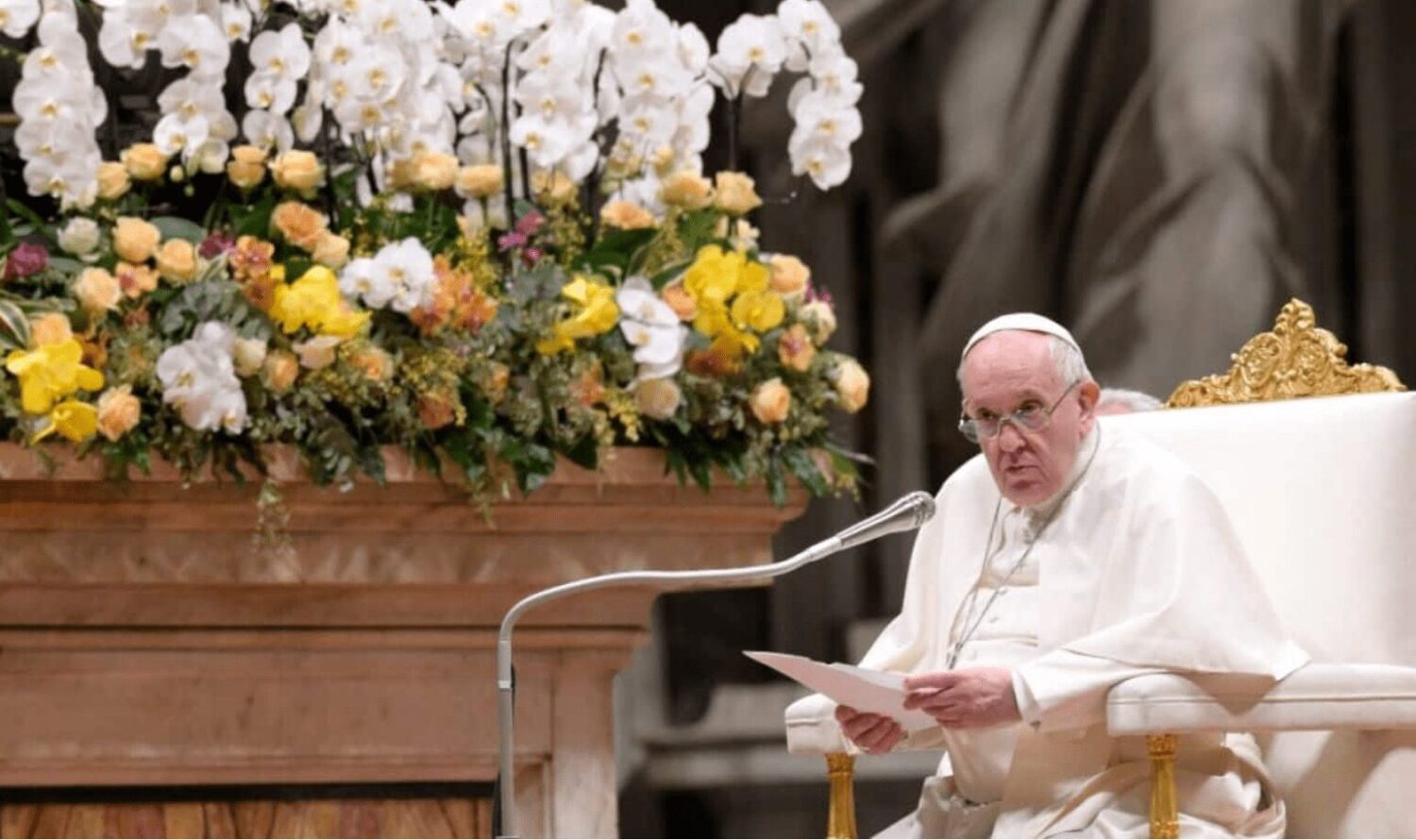After the word “love” with the theme of “ecumenism of the heart”, which I mentioned in my previous article, “unity” is the second word I would like to use to reflect on the World Council of Churches’ World Assembly in Karlsruhe in early September.
Unity first with God! Union with God is indeed the source of unity among us. The whole assembly was anchored in daily Bible studies, morning and evening prayers where participants prayed both together and according to different Western and Eastern liturgical traditions. Without prayer, the WCC would only be a counterpart to the United Nations! And without faith, the WCC would be just another NGO. The heart of faith must be the heart of ecumenism. In this sense, Anglican Archbishop Justin Welby calls to “be strong in the heart of our faith but relaxed in its limits”.
In the centre of the “oasis of peace”[1] , the tent of celebrations with the evocative name, stood an icon of the encounter between Jesus and the Samaritan woman, symbolizing Christ’s desire to meet each person, to transform them and to set them on their way.
Unity around Christ
The plenary meeting on the unity of the Church began with the Taizé song “Ubi Caritas…” (“Where there is love and charity, there God is present”). Brother Alois, the prior of Taizé, says that our union with Christ must precede dogmatic formulas. Turning to him together then leads us to confess him together. Hence the importance of the common prayer that his community wants to live with everyone, especially with young people.
Relationships are essential for deepening the fellowship of WCC member churches. Romanian Orthodox Fr Ioan Sauca, the WCC general secretary, is convinced of this. In particular, he stresses the importance of the Global Christian Forum, a platform between the WCC, the Catholic Church, the World Evangelical Alliance and Pentecostal churches to broaden the experience of Christian unity. It encourages the WCC to continue its support.
As for the South African pastor Jerry Pillay who will succeed him, he has a vision of a WCC that is “relevant, praying, celebrating and walking together”, whose priority will be to consolidate the visible unity of the churches, which is crucial for witnessing in a divided and wounded world. And this unity can only be “kenotic”, in the humble and uncluttered style of Christ.
Bishop Brian Farrell, the secretary of the “Dicastery for Promoting Christian Unity” (so renamed last June), expresses the Catholic Church’s appreciation for the WCC’s work on ecclesiology: “Towards a Common Vision of the Church”. The document identifies convergences and differences (compatible or not); it gives parameters for the future. His hope is that the ecumenical movement will be more rooted in a kerygmatic and charismatic faith, that it will listen to young people, and that the churches will expect each other. “We need to return to the simplicity of Jesus and the Gospel. Our philosophies and theologies cannot solve our crises. In the end, it is the grace of Christ that will bring us to unity”.
This document on the Church is certainly a major achievement. But the challenges between and within churches today are more moral issues, especially in the area of sexuality. Orthodox Archbishop Job Getcha believes that the WCC’s primary goal of visible unity among Christians has been relegated to the background. “As Christians we are challenged by the fratricidal war between Christians in Ukraine. Is this the witness we want to give to the secularized world? We have to repent and be reconciled. The word ‘reconciliation’ is the key to the future”.
Jacqueline Grey, an Australian Pentecostal biblical scholar, wonders whether the sons of Zebedee (who considered themselves Jesus’ favorites) might not be Pentecostal? They are young, ambitious, self-confident and in conflict with the other disciples. But Jesus calls them to gather around him. “This is how Jesus continues to call us today. I hope for more Pentecostal participation in the ecumenical movement. Even though we are a young movement, we are learning fast. Let us overcome suspicions and stereotypes: this requires us to love each other and therefore to know each other better”!
New challenges for Christian unity
I participated in an ‘ecumenical conversation’ on ecclesiology prepared by members of the Faith and Order Commission. It identified some broadening reflections on Christian unity.
The Covid-19 pandemic has raised various ecclesiological challenges and questions. What does it mean to be (and do) Church amid a pandemic? What are the theological presuppositions and implications of the pandemic for the liturgical, sacramental, community, diaconal and missionary life of the Church?
The digital revolution has also raised new questions. Where is the Church in the online world? What about, for example, a Lord’s Supper shared on the internet during the pandemic?
The issue of spirituality is crucial, especially for the “youth continent”, which is often disconnected from the church and longs for an understanding of how theology is applied in daily life. Indeed, the WCC has taken the participation of young people seriously. Their loud and clear voices were heard and encouraged. Their participation gave rise to much optimism for the future of the ecumenical movement, through a pre-assembly gathering of over 300 young people and the meeting of over 140 young theologians in the Global Ecumenical Theological Institute (GETI) program.
The experience of secularization in many countries also raises the question of how the Church can witness in a context where it no longer has the same authority and cultural influence.
Above all, this statement gives me much food for thought: “World Christianity is growing faster than the ecumenical movement”. If it is extremely fragmented with thousands of independent churches in the world, what should be the priorities? How can we reach out to these new churches and invite them to join a pilgrimage of reconciliation and unity?
Picture: Albin Hillert, WCC
[1] An evocation of Neve Shalom – Wahat as Salam (meaning in Hebrew and Arabic “Oasis of Peace”), a village inhabited by Jews and Arabs, founded in 1969 after the Six Day War. The discussion on the Israeli-Palestinian conflict was very present during the Karlsruhe assembly and was even the most contradictory debate.
















